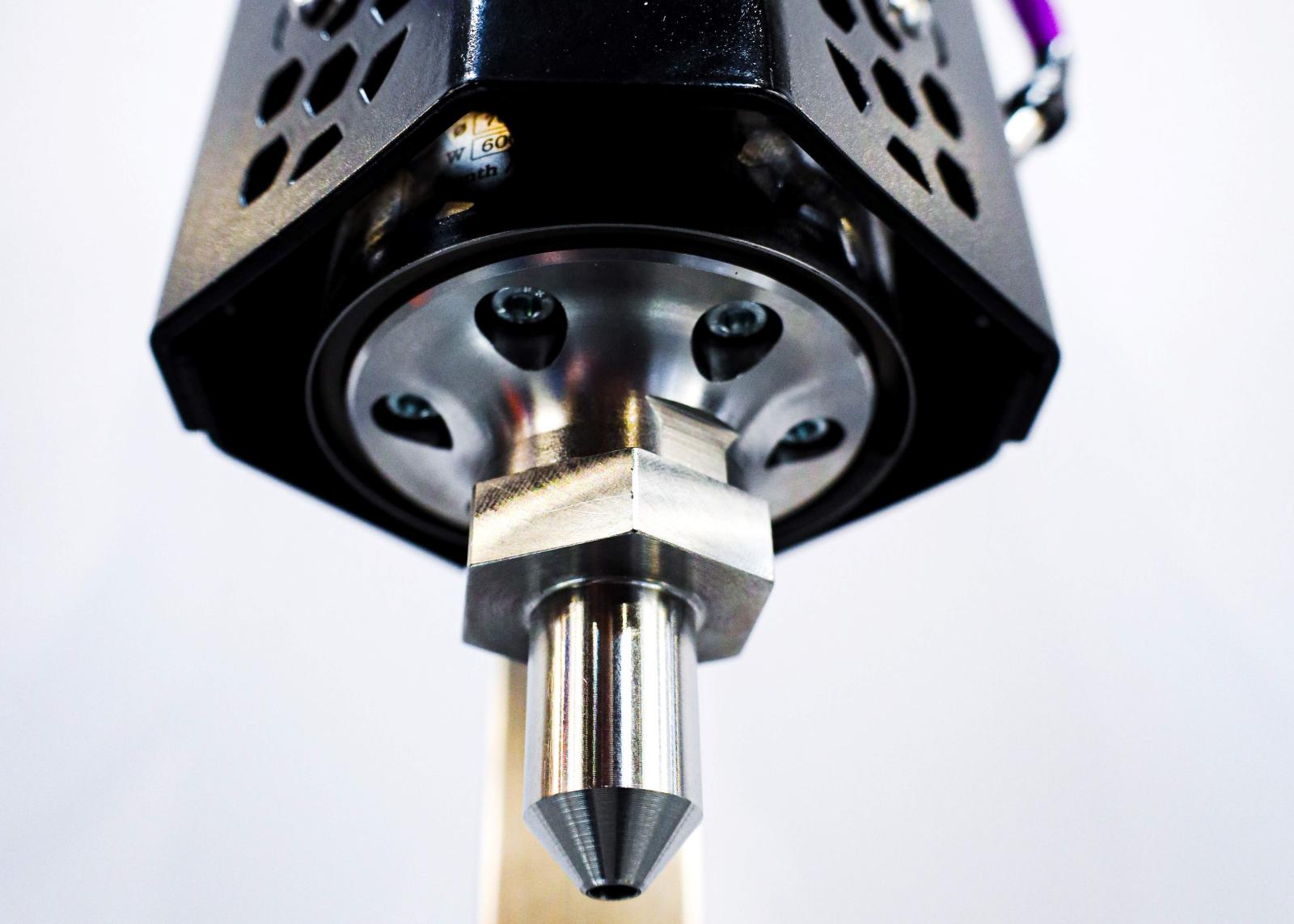
A new project aims to give the UK a competitive edge in the commercial 3D printing of large volume polymer components for key industries including aerospace, automotive, energy, and marine.
Advanced technology being developed by a global consortium of companies and academic institutions could revolutionise the use of industrial additive manufacturing in the UK, bringing the advanced manufacturing of high-value components for key industries to the country for the first time.
The Evo One ‘large format additive manufacturing’ (LFAM) project – which involves 3D printing experts Evo-3D; the National Manufacturing Institute Scotland (NMIS) operated by the University of Strathclyde and part of the High Value Manufacturing Catapult (HVMC); Rolls-Royce; materials supplier Filamentive; software developer AI Build; and energy technology company Baker Hughes – are developing a 3D printer system that could make UK manufacturers more competitive than their international peers. The initiative has received £1.1 million in funding from Innovate UK, the UK’s innovation agency.
LFAM is a commercial 3D printing technique that creates large volume polymer components, used in a variety of industries including aerospace, automotive, energy, and marine. While countries like the USA, Germany, and China have embraced this approach, there are currently no manufacturers of large format 3D printers in the UK and the country only accounts for around 5% of the global additive manufacturing market[1], which the UK government aims to increase to 8% by 2025.
Access to the right technologies will be a crucial part of achieving that aim, but existing LFAM systems have their limitations. These include slow build times, being unsuitable for high-value or high-integrity parts, operational complexity, use of unsustainable materials, and being unaffordable to small and medium-sized companies.
The new product being developed through Evo One LFAM will address the challenges associated with these systems and cater to the specific needs of the UK Market. The system’s design team is aiming to make it 60% more reliable, achieve a 50% increase in productivity, reduce training and maintenance costs by 30%, and cut material waste by 80%, among a range of other improvements.
On the project’s completion, Evo-3D will launch a spin-out business to commercialise the system, called RapidFusion, creating the UK’s first original equipment manufacturer (OEM) in LFAM. Its development would also create the foundation on which a new supply chain can be built, re-shore critical manufacturing capabilities, and help more UK manufacturers take advantage of the opportunities presented by Industry 4.0 – the fourth industrial revolution.
BACK TO ENGINEERING CAPACITY NEWS PAGE